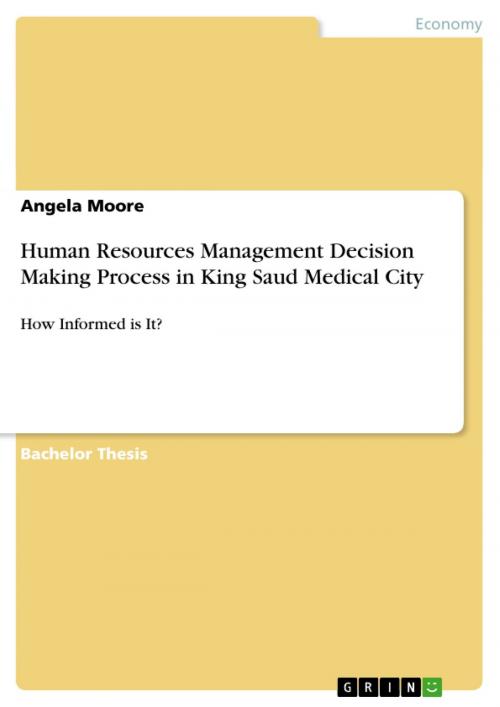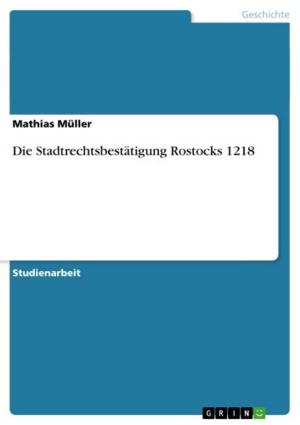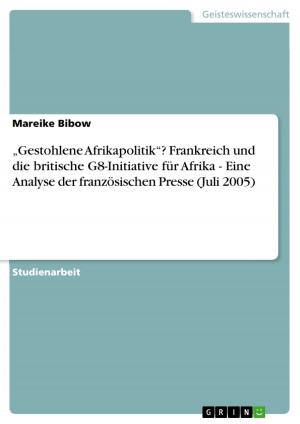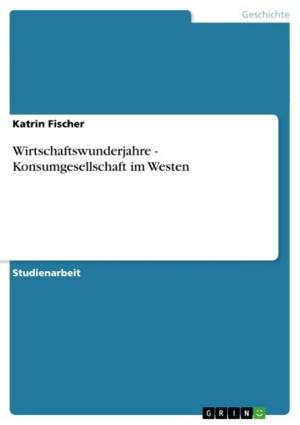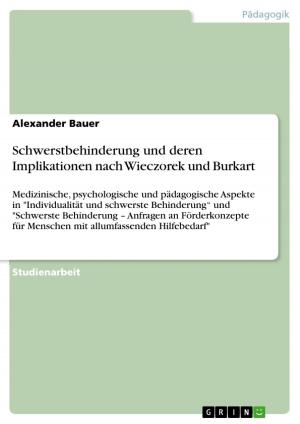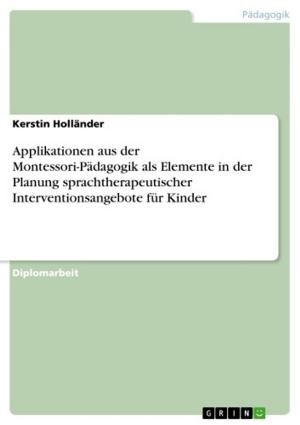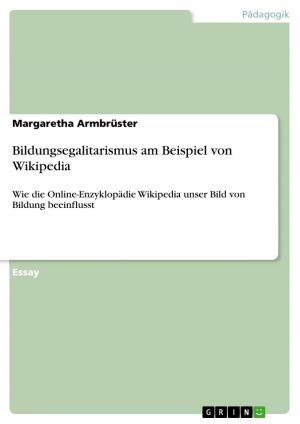Human Resources Management Decision Making Process in King Saud Medical City
How Informed is It?
Business & Finance, Human Resources & Personnel Management| Author: | Angela Moore | ISBN: | 9783656614692 |
| Publisher: | GRIN Verlag | Publication: | March 14, 2014 |
| Imprint: | GRIN Verlag | Language: | English |
| Author: | Angela Moore |
| ISBN: | 9783656614692 |
| Publisher: | GRIN Verlag |
| Publication: | March 14, 2014 |
| Imprint: | GRIN Verlag |
| Language: | English |
Bachelor Thesis from the year 2012 in the subject Business economics - Personnel and Organisation, grade: B, University of Sheffield, language: English, abstract: This research study examines the human resources management decision making process in addressing the present and future needs of King Saud Medical City. The main purpose of the study is to investigate the readiness of healthcare managers in meeting present and future challenges faced by the human resources decision making process in healthcare organizations. King Saud Medical City was selected as a model healthcare organization to gain understanding of the HR decision making process for this study. This research adopts grounded theory methodology in establishing tactical decisions being made by health managers. Grounded theory is an appropriate qualitative tool for this purpose because it emphasizes on systematic procedures in understanding critical HR factors impacting decision making and description of the phenomenon as grounded within study participant expressions. The participants in this study comprises of 12 managers from Kind Saud Medical City with experience in healthcare management. A semi-structured interview method was used for the collection of the data. Constant comparative approach was used in the analysis of the interview transcripts by coding and analyzing participant's expressions in order to identify categories and themes related to human resource decision making in healthcare organizations. Results from the study reveal four core obstacles managers in KSMC face in making decisions regarding human resources. These barriers include organizational culture and structure which was considered as a core determinant hindering decision making, lack of authority was ranked second from participants' perspective views, third was lack of self-confidence in decision making, and lack of adequate knowledge and skills among managers. The highly centralized approach for HR decision making was found to be the core reason for these obstacles. Understanding the overall phenomenon 'highly centralized' healthcare system, and removal of identified barriers in the way of managers significantly alleviates the present situation by offering managers necessarily authority, encouraging self-confidence, and effectively making decisions that would enhance quality and address human resources issues.
Bachelor Thesis from the year 2012 in the subject Business economics - Personnel and Organisation, grade: B, University of Sheffield, language: English, abstract: This research study examines the human resources management decision making process in addressing the present and future needs of King Saud Medical City. The main purpose of the study is to investigate the readiness of healthcare managers in meeting present and future challenges faced by the human resources decision making process in healthcare organizations. King Saud Medical City was selected as a model healthcare organization to gain understanding of the HR decision making process for this study. This research adopts grounded theory methodology in establishing tactical decisions being made by health managers. Grounded theory is an appropriate qualitative tool for this purpose because it emphasizes on systematic procedures in understanding critical HR factors impacting decision making and description of the phenomenon as grounded within study participant expressions. The participants in this study comprises of 12 managers from Kind Saud Medical City with experience in healthcare management. A semi-structured interview method was used for the collection of the data. Constant comparative approach was used in the analysis of the interview transcripts by coding and analyzing participant's expressions in order to identify categories and themes related to human resource decision making in healthcare organizations. Results from the study reveal four core obstacles managers in KSMC face in making decisions regarding human resources. These barriers include organizational culture and structure which was considered as a core determinant hindering decision making, lack of authority was ranked second from participants' perspective views, third was lack of self-confidence in decision making, and lack of adequate knowledge and skills among managers. The highly centralized approach for HR decision making was found to be the core reason for these obstacles. Understanding the overall phenomenon 'highly centralized' healthcare system, and removal of identified barriers in the way of managers significantly alleviates the present situation by offering managers necessarily authority, encouraging self-confidence, and effectively making decisions that would enhance quality and address human resources issues.
